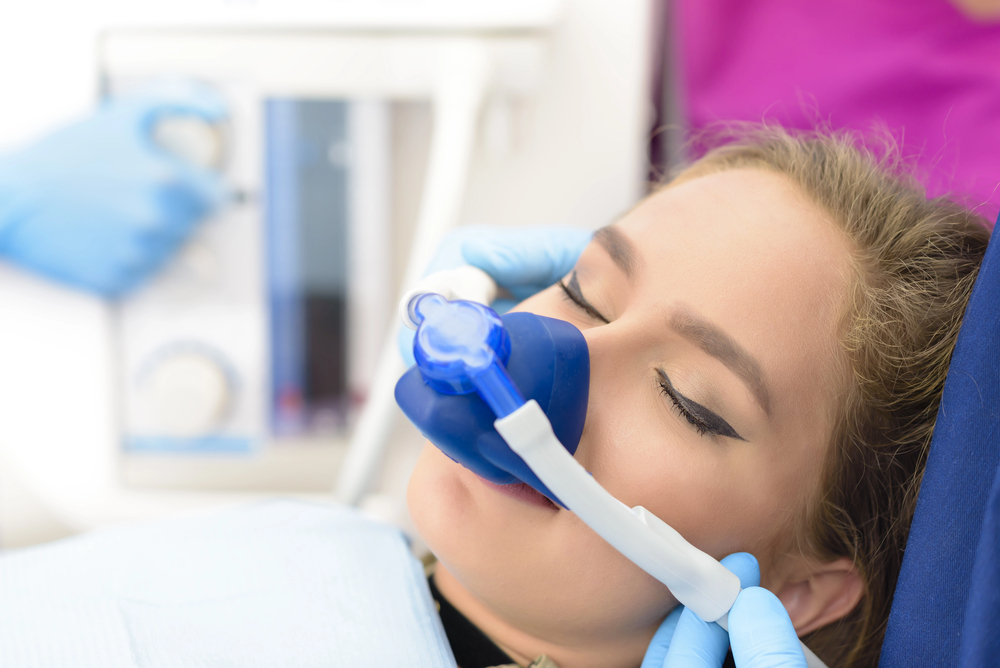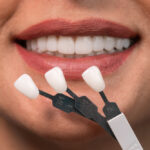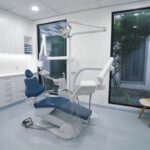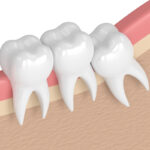Overcoming dental anxiety is a significant challenge for many patients, but sleep dentistry offers a transformative solution. By using sedation techniques ranging from mild relaxation to full sleep, this approach helps individuals feel calm and comfortable during dental procedures. It is especially beneficial for those with severe dental phobia, sensitive gag reflexes, or difficulty sitting still for extended periods. With sleep dentistry, patients can receive essential dental care without fear or distress, improving both their oral health and overall well-being. This innovative method ensures a stress-free experience, making regular dental visits more accessible and less intimidating.
Understanding Dental Anxiety
Dental anxiety can stem from various factors, including past traumatic experiences, fear of pain, sensitivity to sounds or smells in the dental office, and general anxiety disorders. This fear can lead to avoidance behavior, where individuals delay or completely forgo necessary dental treatments. As a result, untreated oral health issues can escalate into more severe conditions, such as gum disease, tooth decay, and even systemic health problems.
Recognizing the widespread nature of dental anxiety, dental professionals have developed methods to make patients feel more comfortable and relaxed during their visits. Among these, sleep dentistry has emerged as a leading option to help individuals overcome their fear and receive the dental care they need.
For many individuals, visiting the dentist can be a daunting experience. The thought of sitting in a dental chair, hearing the whirring of dental tools, or experiencing discomfort can trigger intense fear. Dental anxiety is a common issue that affects millions of people worldwide, leading to delayed treatments and worsening oral health. Fortunately, modern advancements in dentistry have introduced effective solutions to alleviate anxiety, and one such breakthrough is sleep dentistry.
What Is Sleep Dentistry?
Sleep dentistry, also known as sedation dentistry, involves the use of sedative medications to help patients relax during dental procedures. The term sleep dentistry can be misleading, as not all sedation methods induce full sleep. Instead, sedation can range from mild relaxation to deep unconsciousness, depending on the level required for the procedure and the patient’s anxiety level.
Types of Sedation Used in Sleep Dentistry
There are different levels of sedation used in sleep dentistry to accommodate various patient needs:
1. Minimal Sedation: The patient remains awake but relaxed. This is often achieved through inhaling nitrous oxide, also known as laughing gas.
2. Moderate Sedation: The patient may feel drowsy and have limited memory of the procedure. Oral sedatives, such as diazepam, are commonly used for this level.
3. Deep Sedation: The patient is on the edge of consciousness but can still be awakened if needed.
4. General Anesthesia: The patient is completely unconscious throughout the procedure and will not remember anything afterward.
Each of these options helps alleviate anxiety and allows dental professionals to perform procedures more efficiently without causing distress to the patient.
How Sleep Dentistry Helps Alleviate Anxiety
1. Eliminates Fear of Pain
One of the biggest concerns for anxious patients is the fear of pain. Sleep dentistry ensures that patients remain comfortable and pain-free throughout their treatment. With the appropriate level of sedation, sensations of discomfort are significantly reduced or entirely eliminated.
2. Reduces Sensory Overload
Many individuals with dental anxiety are sensitive to the sights, sounds, and smells of a dental clinic. The noise of drills, the scent of antiseptics, and the visual presence of dental instruments can trigger anxiety. Sleep dentistry helps alleviate anxiety by dulling sensory perceptions, allowing patients to remain calm and unaware of these triggers.
3. Minimizes Gag Reflex and Involuntary Movements
Some patients have an overactive gag reflex or involuntary movements that make dental procedures challenging. Sedation helps relax the muscles and reduces these reflexes, making treatments smoother and more efficient.
4. Saves Time and Reduces Multiple Visits
For patients with severe dental anxiety, sitting through lengthy procedures can be overwhelming. Sleep dentistry enables dentists to perform multiple treatments in a single session, reducing the need for multiple visits. This is particularly beneficial for individuals who have avoided dental care for years and require extensive work.
5. Encourages Regular Dental Visits
By providing a stress-free experience, sleep dentistry encourages patients to maintain their oral health without fear. Regular check-ups and treatments become less intimidating, helping individuals build a positive relationship with dental care.
Who Can Benefit from Sleep Dentistry?
Sleep dentistry is a great option for various individuals, including:
– Those with severe dental anxiety or phobia
– Patients undergoing complex or lengthy procedures
– Individuals with a low pain threshold
– Those who have difficulty sitting still for extended periods
– Patients with special needs or medical conditions that make dental visits challenging
Preparing for a Sleep Dentistry Procedure
If you are considering sleep dentistry, it is important to consult with your dentist to determine the appropriate level of sedation. Your medical history, anxiety level, and the complexity of the procedure will all be considered.
Before your appointment:
– Follow any pre-sedation instructions given by your dentist, such as fasting if necessary.
– Arrange for someone to drive you home if undergoing moderate or deep sedation.
– Wear comfortable clothing and inform your dentist of any medications you are currently taking.
Dental anxiety should not be a barrier to receiving essential oral care. Sleep dentistry offers a safe and effective way to alleviate anxiety, making dental visits a more comfortable experience. Whether you have a mild fear or severe phobia, sedation dentistry can transform your perception of dental care and help you maintain a healthy smile. If anxiety has kept you from the dentist, consider discussing sleep dentistry with your dental provider—it could be the key to overcoming your fears and prioritizing your oral health.













